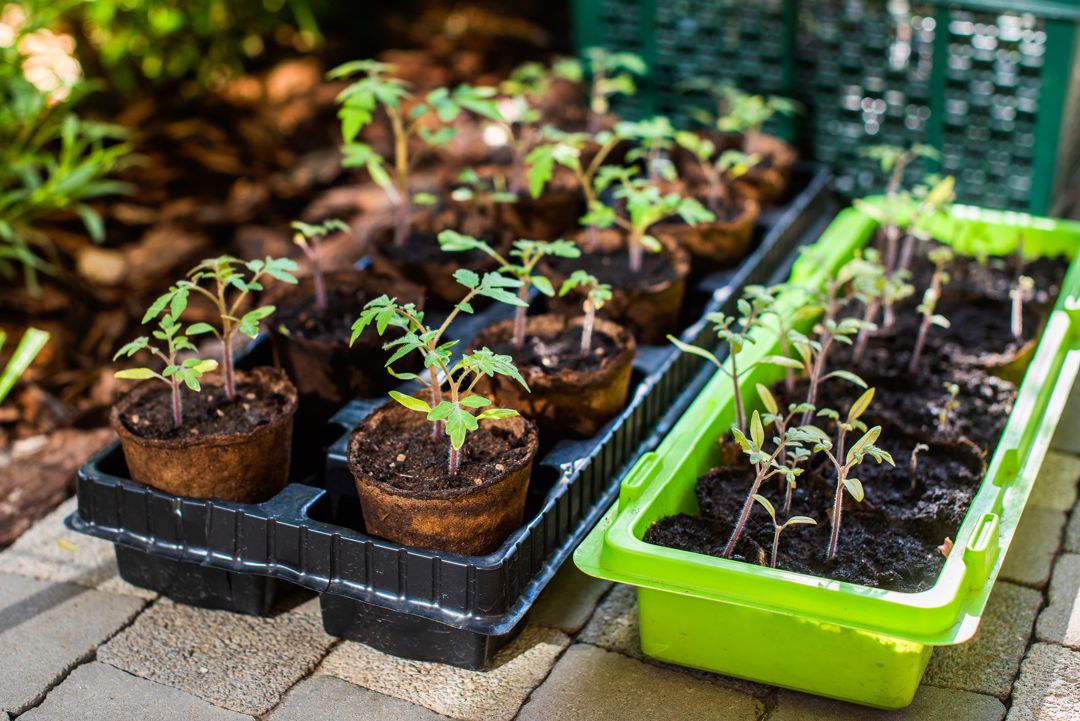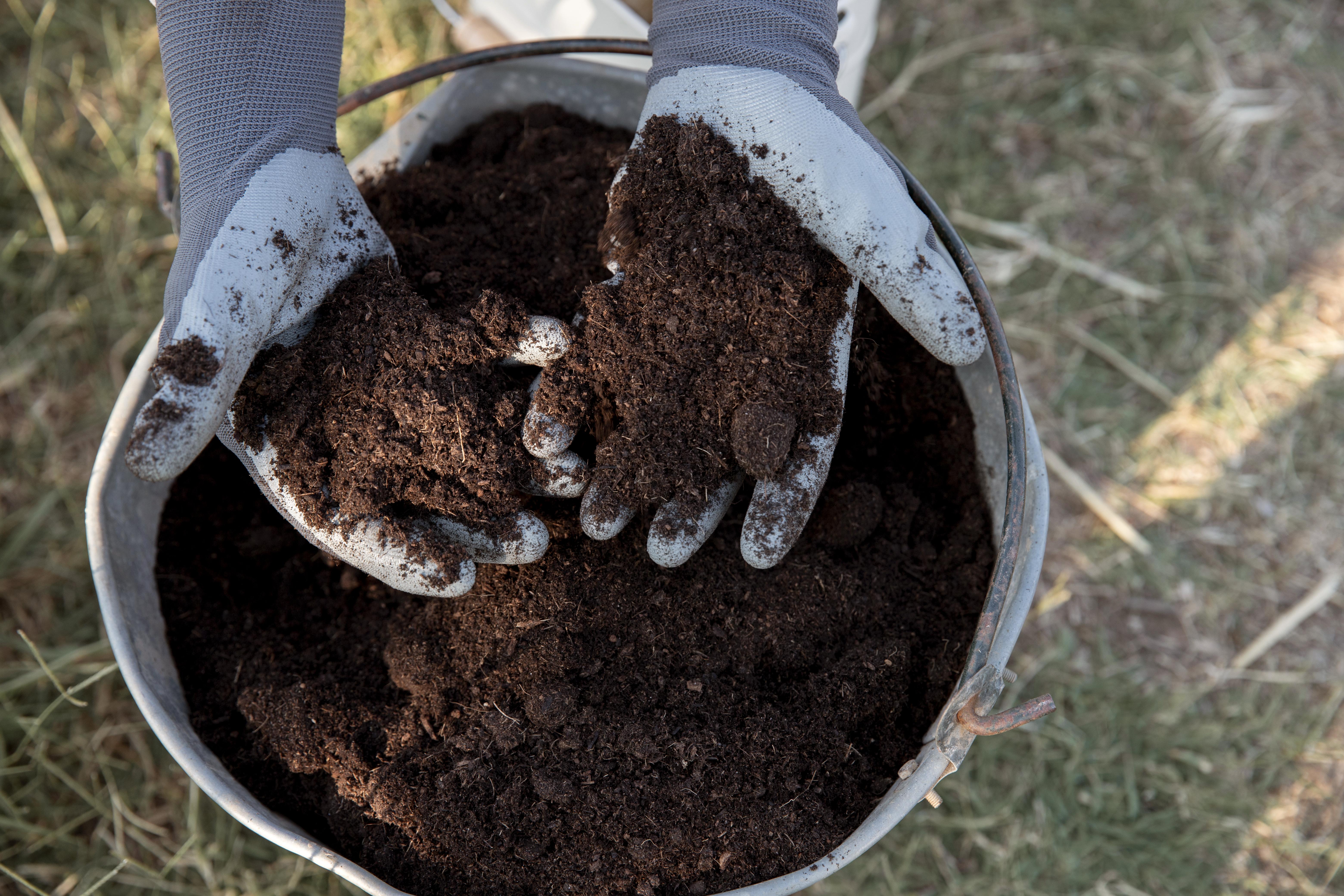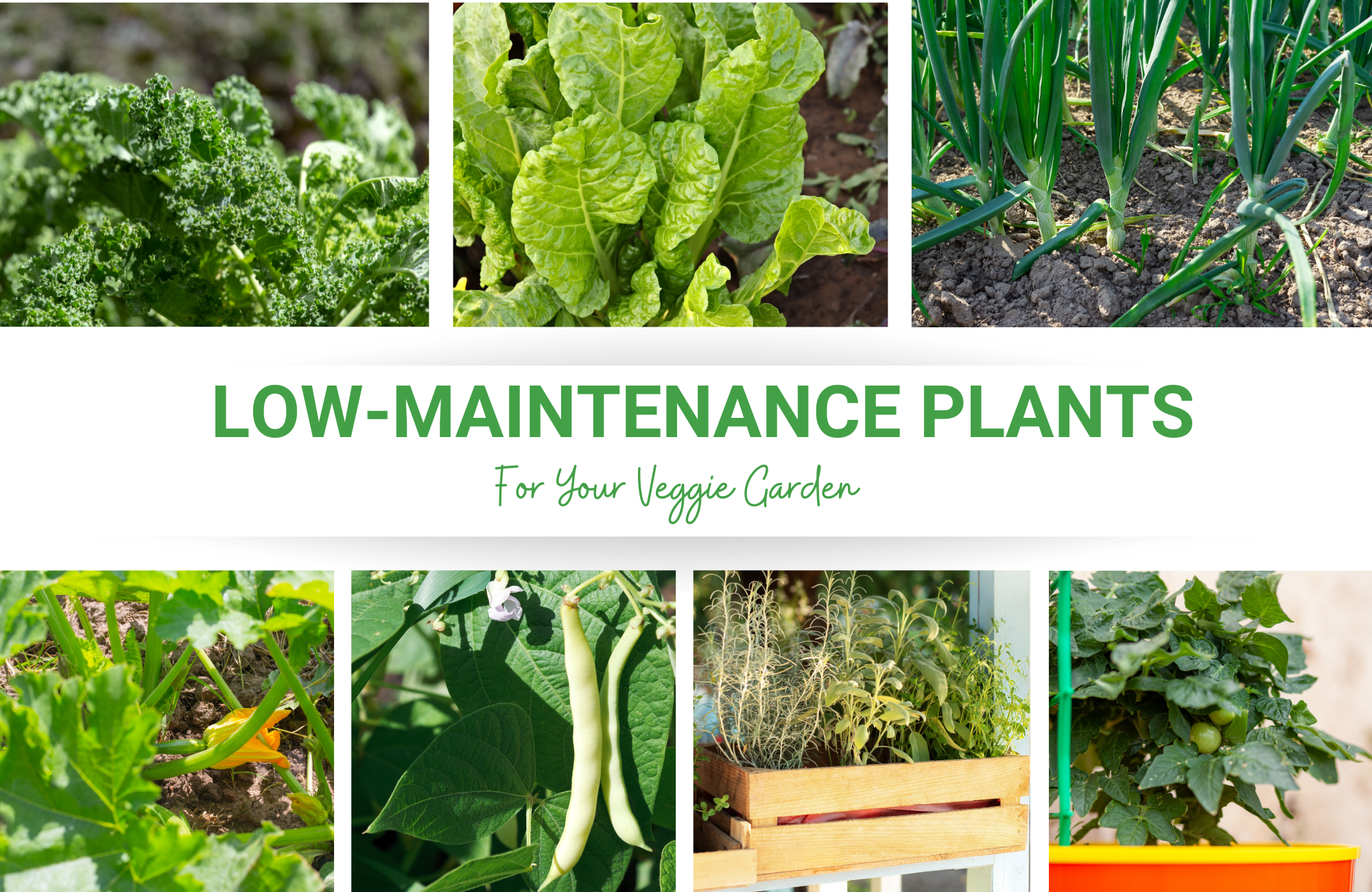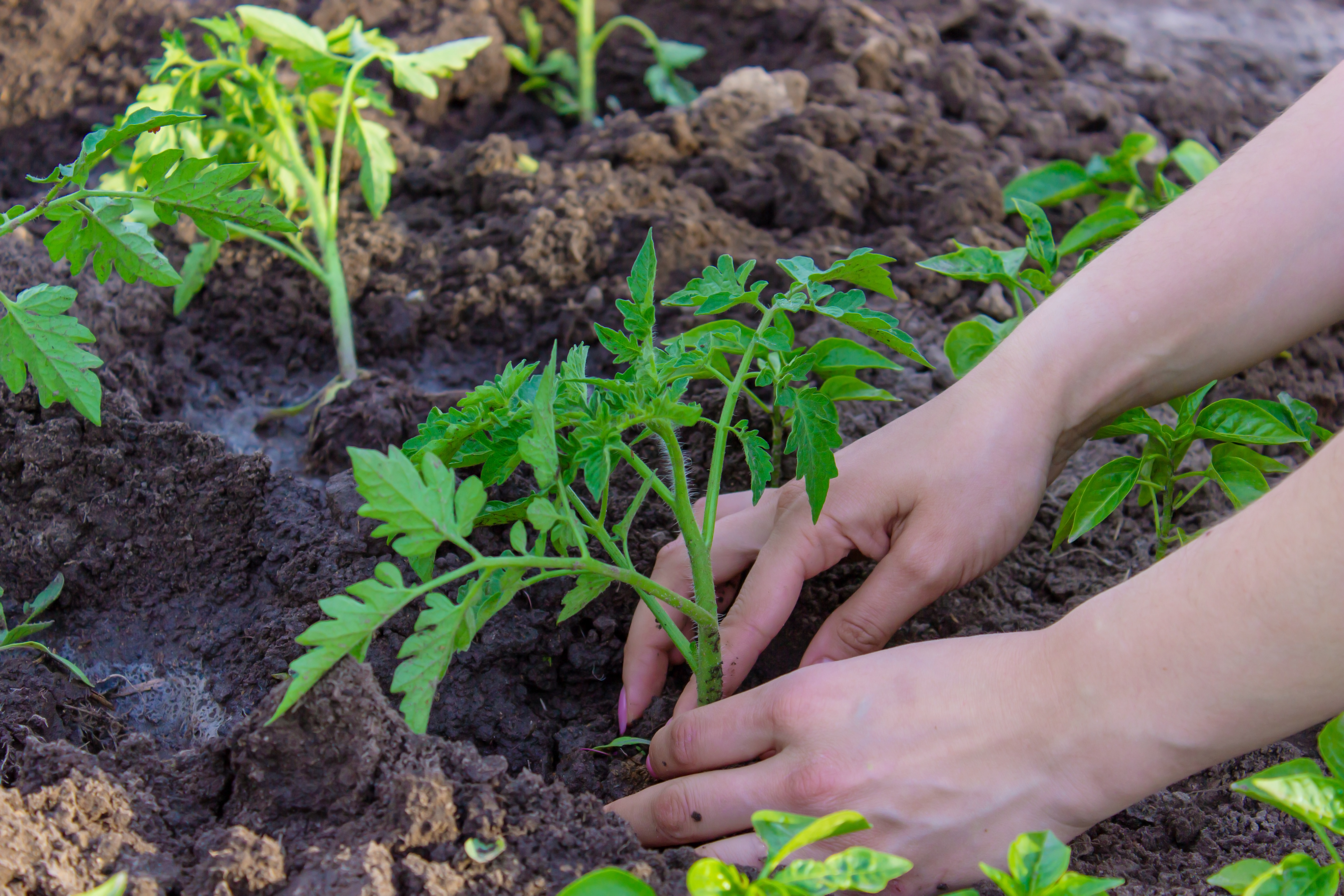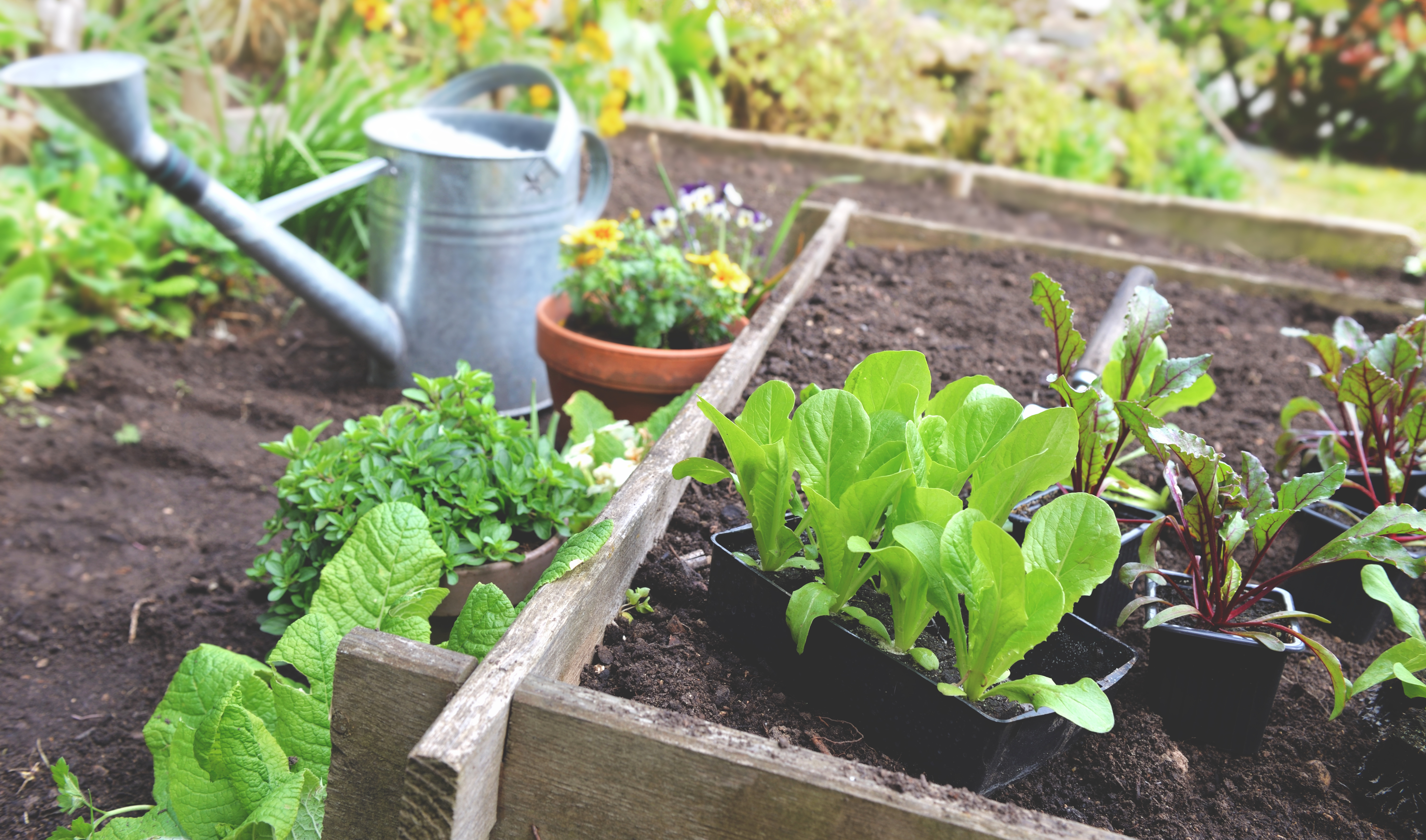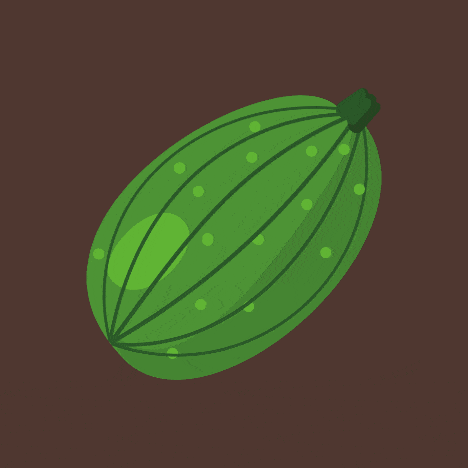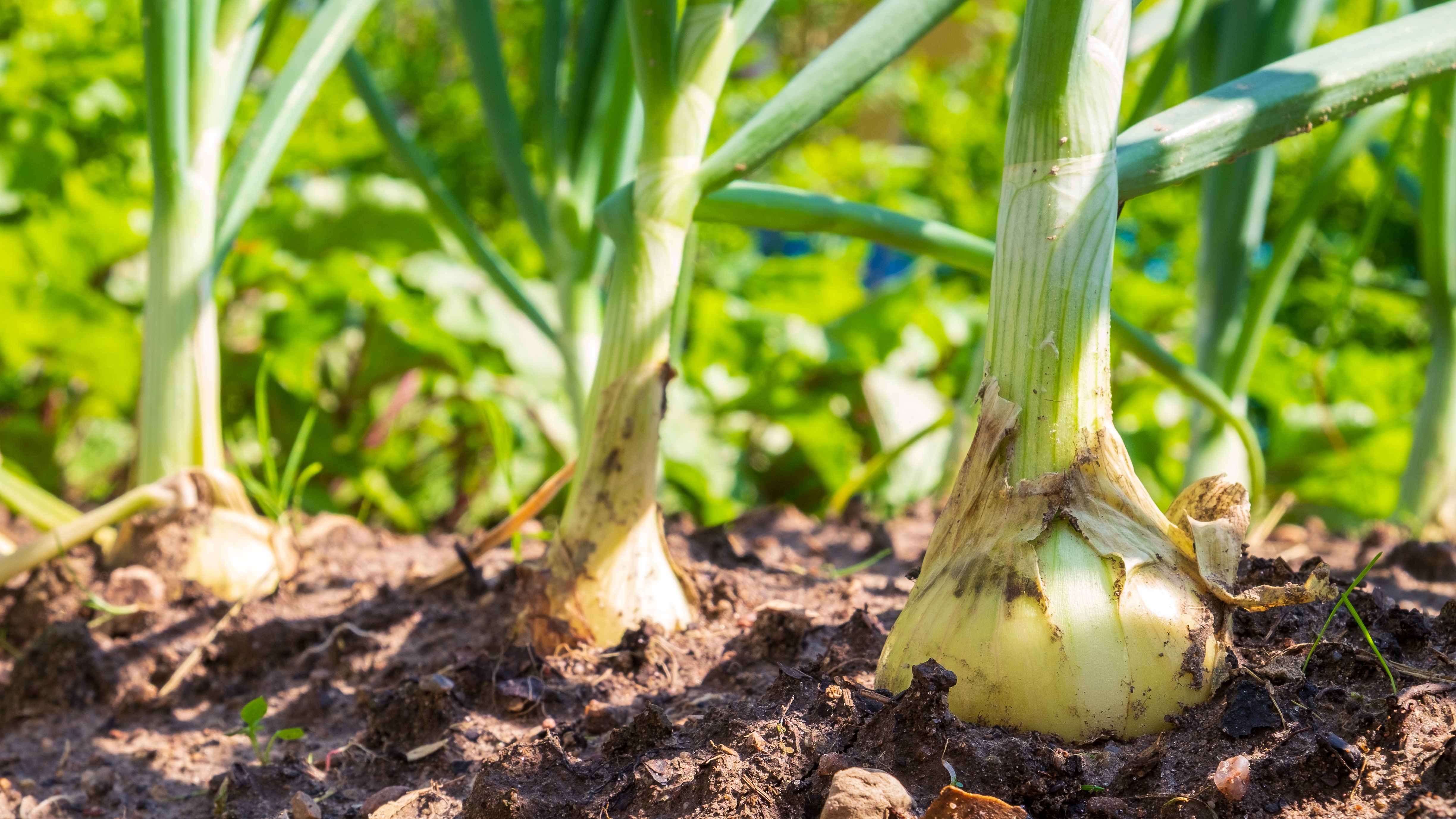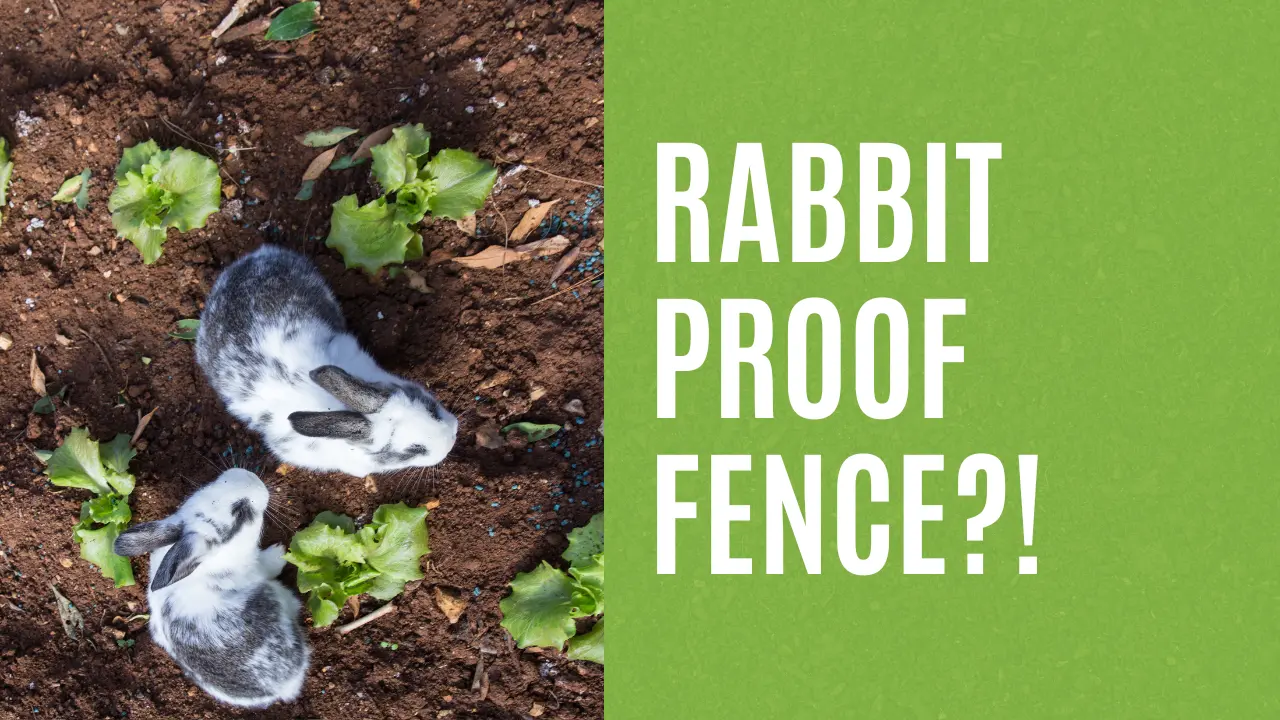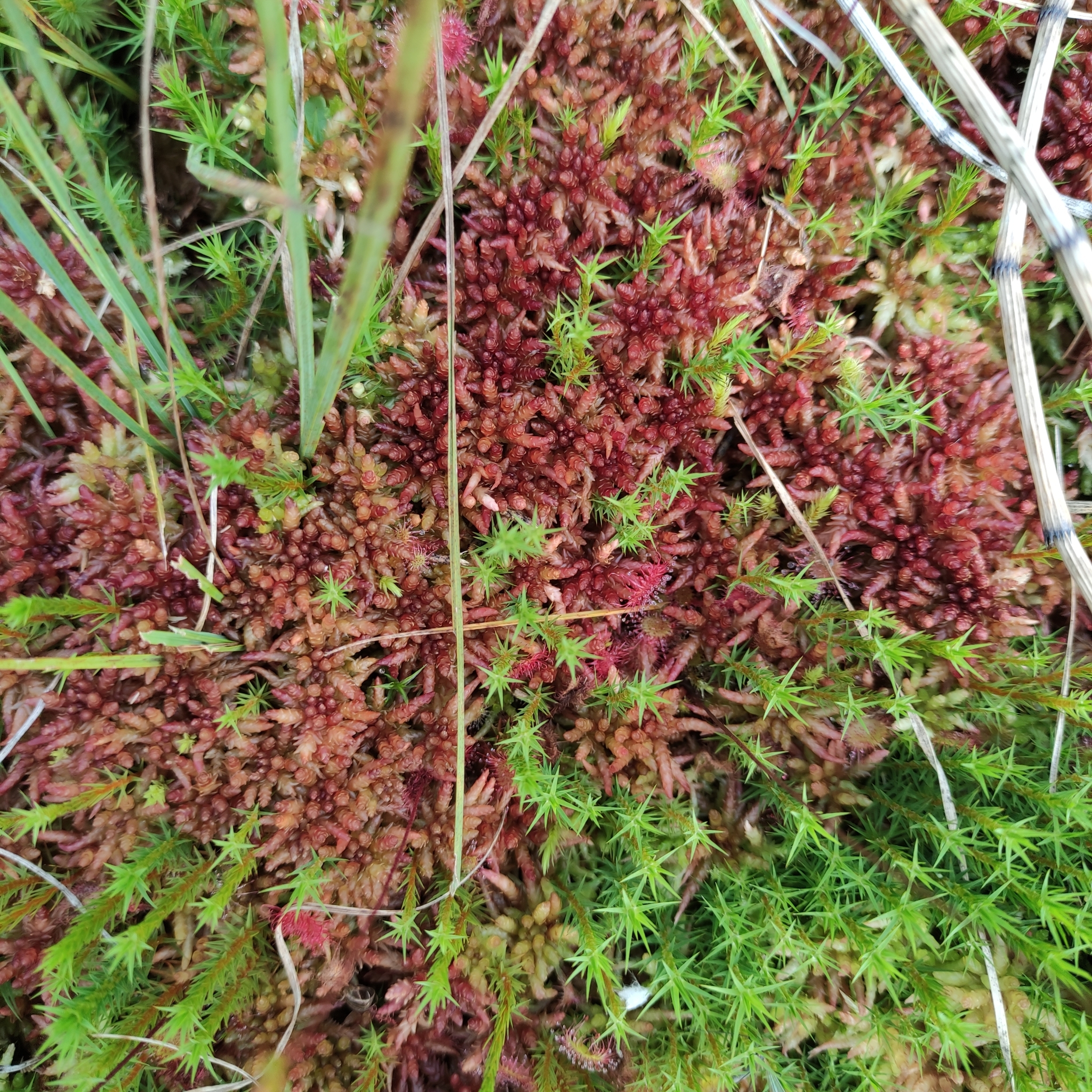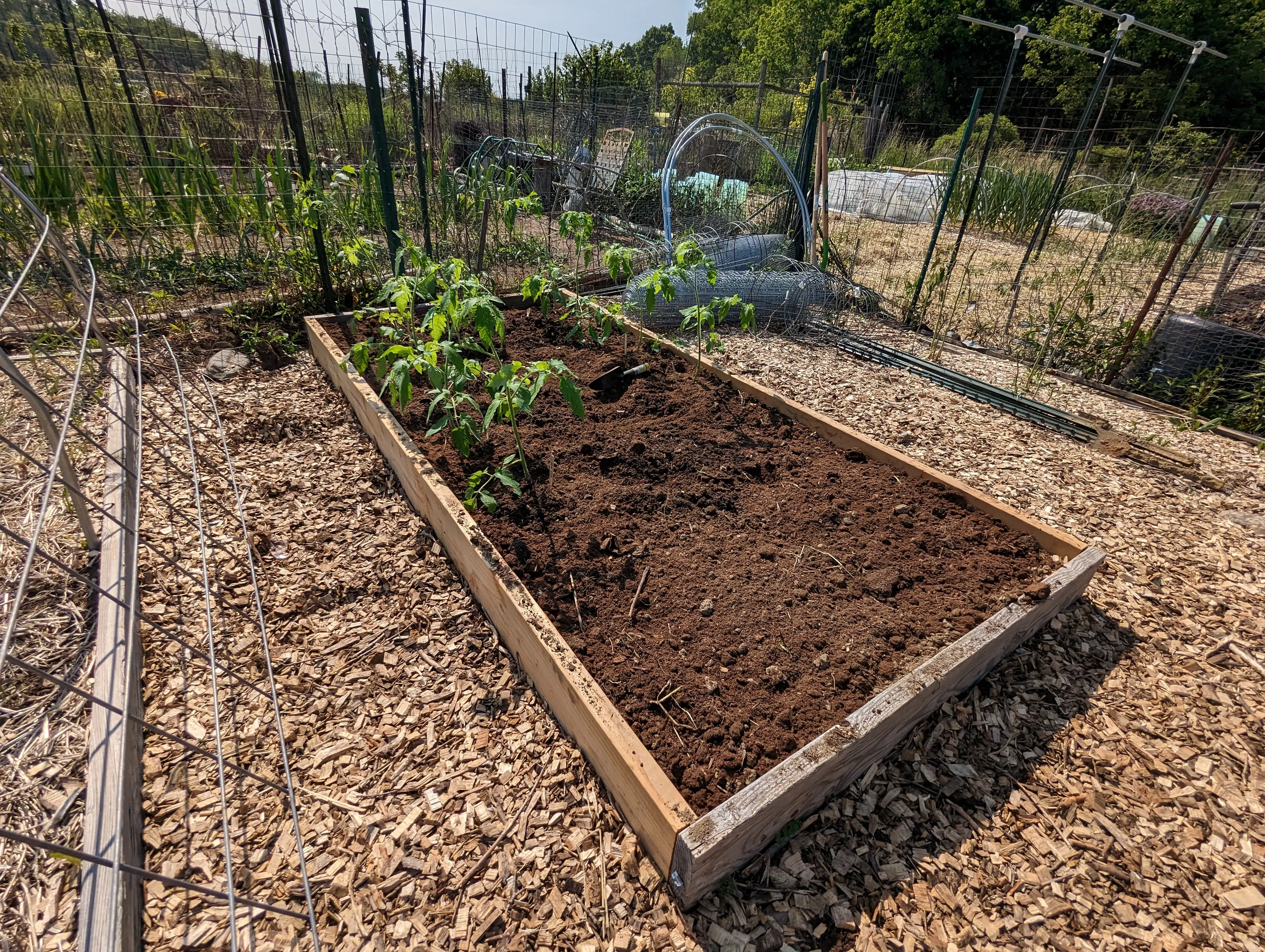
How to Build a Raised Garden Bed
A raised garden bed is a great way to grow your own veggies! It’s also a great way to improve the drainage and fertility of your soil. And with this method, it’s super easy to build. I’ve got 6 raised beds in my garden, and 4 of them use this exact method. It works! And it’s easy and cheap. Prefer to learn via video? Friend-of-the-app Gardener Scott has a great video using this exact same method: Materials Needed: 3 2"×8"×8’ regular pine boards (or 2×6, 2×10, 2×12....
